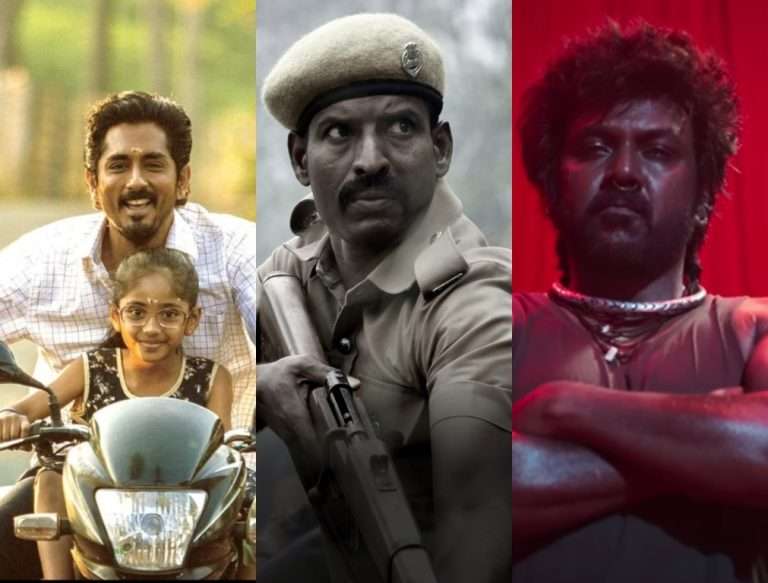Tetsuya Mariko’s “Dear Stranger” (2025) is an intricately written film that focuses more on its themes and motifs than the plot. That might be a surprising choice for a screenwriter to make since the story hinges on a kidnapping case. Mariko could have turned it into a conventional plot-driven investigative thriller that follows immigrants with identity issues. Yet, instead of a genre film, he offers a brooding investigation of their impulses and instincts. Rather than being a tedious tear-jerker that relies on surface-level cultural insights, the film reveals a refined understanding of its cultural exchanges while dissecting them through intersections of class and gender.
The film centers around the psychological warfare between a Japanese man, Kenji Saiga (Hidetoshi Nishijima), and his Taiwanese-American wife, Jane Yang (Lun-Mei Gwei), who live in New York with their young son, Kai. Kenji is an assistant professor of architecture at a local university, desperately trying to secure a higher position. Jane is a puppeteer dramatist who spends most of her days taking care of their son. They seem like a regular married couple that is happy with what they have. Yet, behind these appearances lies a crumbling family dynamic.
Mariko highlights aspects of Kenji and Jane’s relationship that can be upsetting or frustrating to the other half. These insights often represent the characters’ subjective perspectives. They reveal signs of Jane’s pent-up anger about Kenji, who ignores his duties as a father so that he can always have a room for his professional or creative endeavors. It puts an additional burden on her and keeps her away from her own creative pursuits. That doesn’t bother him as he holds himself in high regard, and so do his peers. He also hides his self-centeredness under his intellect, which puts him at the centre of the blame.
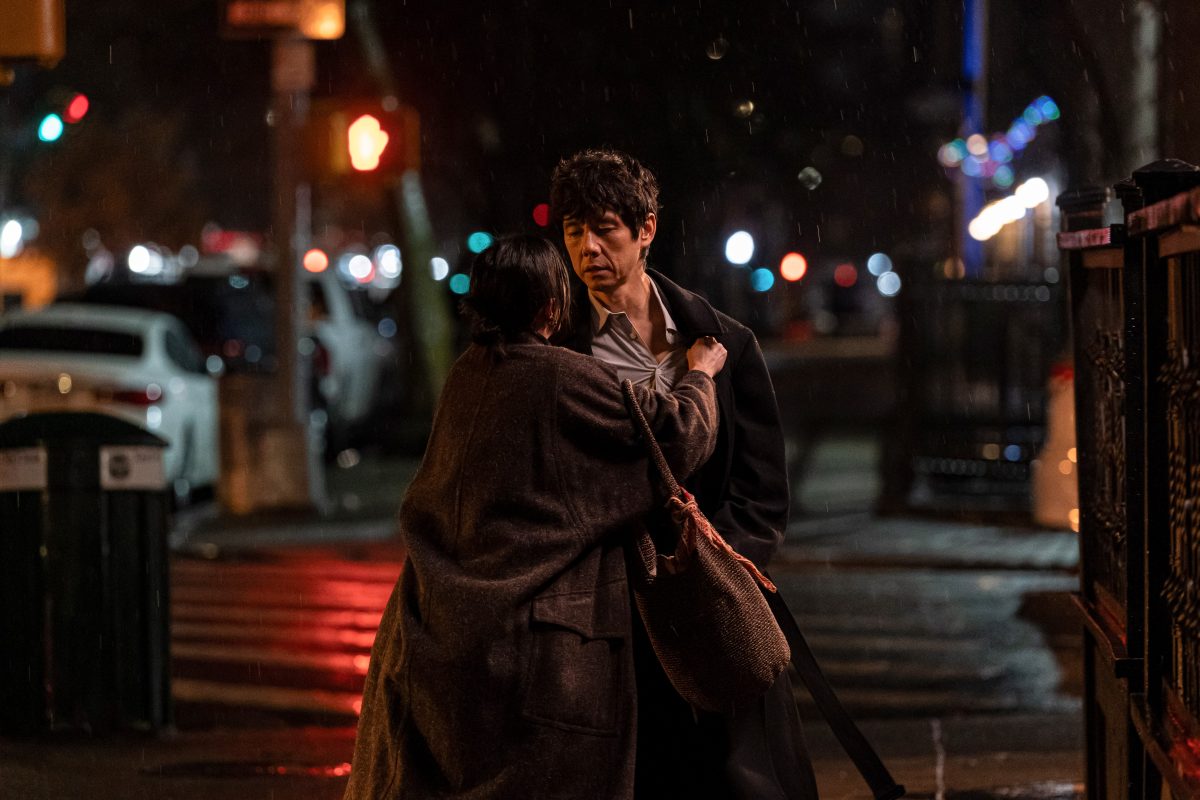
Mariko, however, doesn’t turn Kenji into a cardboard villain. He shows an incredible amount of restraint in his script that doesn’t give in to such creative urges. Unlike what the trailer suggests, the film isn’t about a cat-and-mouse chase, nor is it a family melodrama. Instead, it’s a character-driven tale that focuses on the interiority of these characters, revealing the people behind the masks.
As a result, we don’t see Kenji simply as a self-assured man who seems to have all the answers, but also as a deeply insecure man who only needs to be poked to reveal his emotional frailties. Even then, there are a few more layers to his bleaker side, which isn’t simply a result of his apparent egotism.
Kenji’s behaviour stems from his insecurities about not being able to live by the usual codes of masculinity, which further ties in with his socio-economic position. He works in a profession that is creatively fulfilling to him. It’s a privilege that Donny (Julian Wong) can’t afford since he is barely able to make ends meet.
In both cases, the fear of losing control or dignity leads them to take some shocking steps to ensure their sanity. Even then, Mariko doesn’t use these elements for their shock value, but to shed light on what’s broken, undiagnosed, or untreated in the marriage. That’s why manifestation of their emotions takes us deeper into their emotional or thematic subtext rather than treating them as mere plot points.
Also Read: 5 Movies Like Promised Hearts That Explore Love & Arranged Marriages
Speaking about motifs, the film uses puppeteering and ruins as a connective thread between different aspects of their lives. So, a ruin is not simply a study for the privileged to marvel at, but also the tragic result of abandonment, whether literal or emotional. The puppets convey an urge to control the outcome of one’s choices and shape a narrative as one desires. Mariko uses these symbolic parallels to turn the film into a stimulating analysis of class and gender, but he doesn’t let those insights bog down the film’s dramatic momentum. Instead, he brings us frighteningly closer to its characters, which, in turn, helps him flesh out its central themes.
One of the film’s central themes is how marital discontent reshapes Kenji and Jane’s lives—a motif that recalls Ingmar Bergman’s Scenes from a Marriage and Noah Baumbach’s Marriage Story. While Mariko’s work may not cut as deeply or as painfully as Bergman’s, it remains just as perceptive and, in many ways, every bit as emotionally resonant as Baumbach’s.
The reason may be that Mariko’s script focuses on love despite the heartbreak, like Baumbach’s work, rather than brutally deconstructing the very foundation of marriage as an institution, as Bergman’s work does. It acknowledges the couple’s emotional pain and struggle, but shows them hoping to reach a common ground. So, love usually finds a way back in their relationship through the tiniest cracks, not solely through the tiniest of cracks.
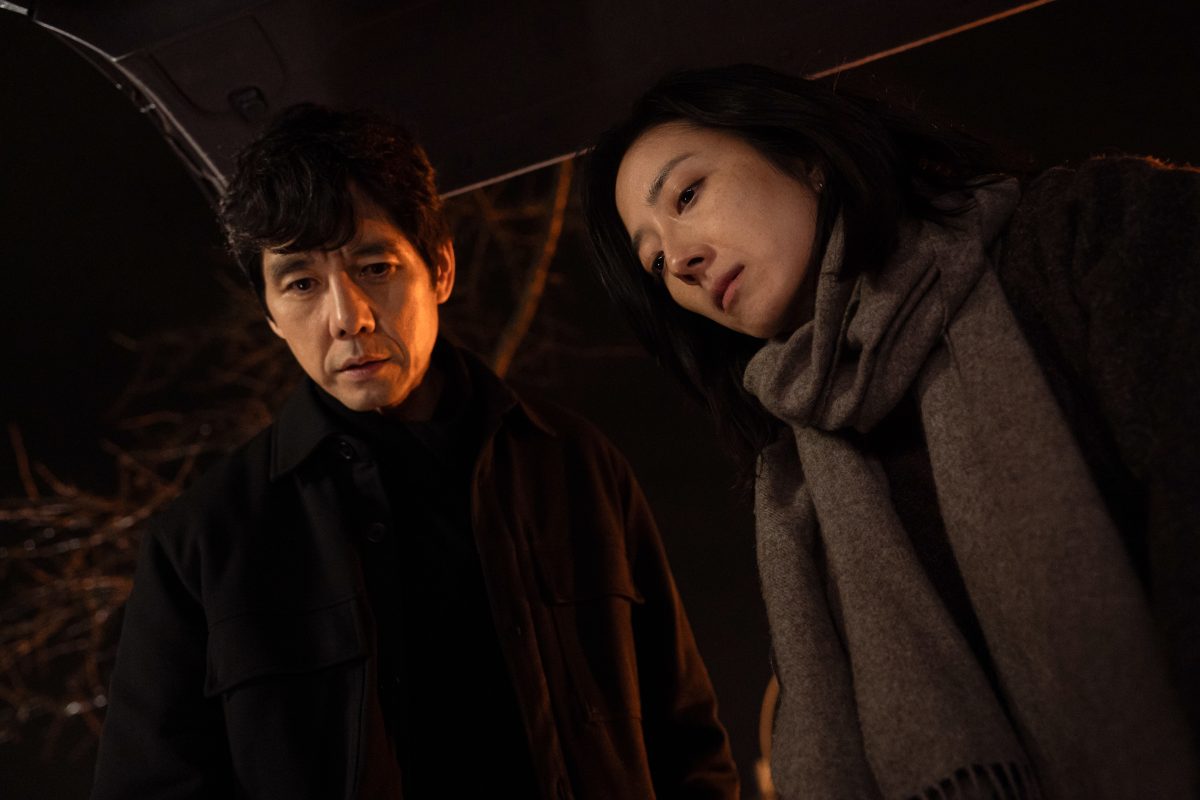
There’s an additional cultural subtext to “Dear Stranger,” but Mariko never capitalizes on its sentimentality. Instead, he reveals non-obvious insights, rooted in grounded naturalism, which is the case with Mariko’s overall directorial approach. We see Kenji and Jane speak in English, even in private spaces, when they could just switch to their native tongue and share what they want.
At work, Kenji’s study of the ruins receives high praise. It might be, at least to some extent, a result of this Western notion of mysticism toward Eastern philosophies. Otherwise, Mariko underlines the couple’s cultural alienation, but doesn’t reduce them to simply being symbolic figures or a model minority. We see them as flawed, or capable of flaws, as any other human.
Despite this humanistic approach, the film is also incisive with its societal critique. It offers us a window into the bourgeois lives of Kenji and Jane, who live with the comforts and a sense of security that Donny can’t afford. The kidnapping unravels that sense, revealing the uglier parts of their personality. Hidetoshi Nishijima makes that side of Kenji feel visceral, while Lun-Mei Gwei lets us care for Jane, trying to piece their marriage back together, even in a film with no easy villains or heroes.
Yasuyuki Sasaki and Rikuo Ueno’s camera elevates the scenes with surreal undertones, which usually reveal how the couple’s creative pursuits are intrinsically tied to their identity and self-perception. These moments are as transportative and elusive as a Tsai Ming-Liang film. It makes sense that Sasaki has worked on Kiyoshi Kurosawa’s subtly reality-bending “Cloud.” Mariko also transitions between the subjective experiences of his character and the truth, which could have been simply disorienting. Yet, the same hazy disorientation immerses us in the rabbit hole that Kenji finds himself in.
Overall, there’s very little to complain about in Tetsuya Mariko’s version of “Marriage Story,” which is understated but a biting critique of societal norms that affect Kenji and Jane’s emotional landscapes.



![The Funeral [1984] Review – Wickedly Satirical and Rapturously Inventive Dramedy](https://79468c92.delivery.rocketcdn.me/wp-content/uploads/2020/08/The-Funeral-1984-768x578.jpg)
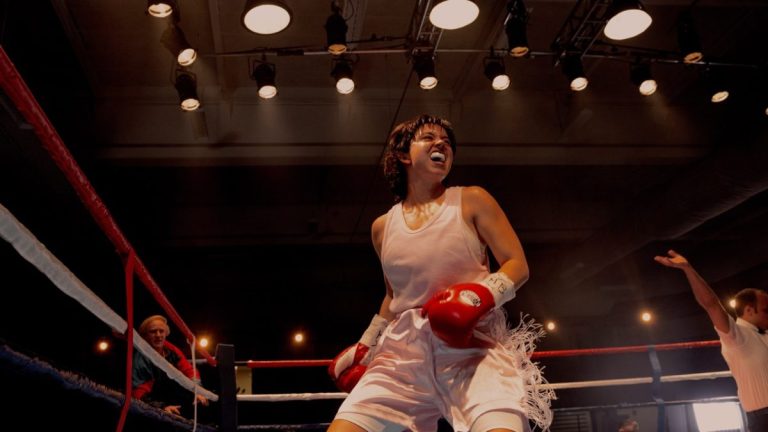
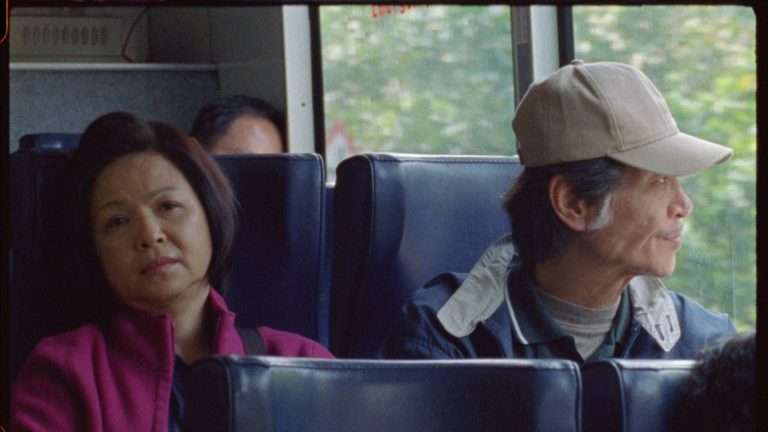
![Restless [2022] Netflix Review: Cop Drama Under-delivers on the back of Lackluster Execution](https://79468c92.delivery.rocketcdn.me/wp-content/uploads/2022/02/Restless-2022-Netflix-768x374.jpg)
